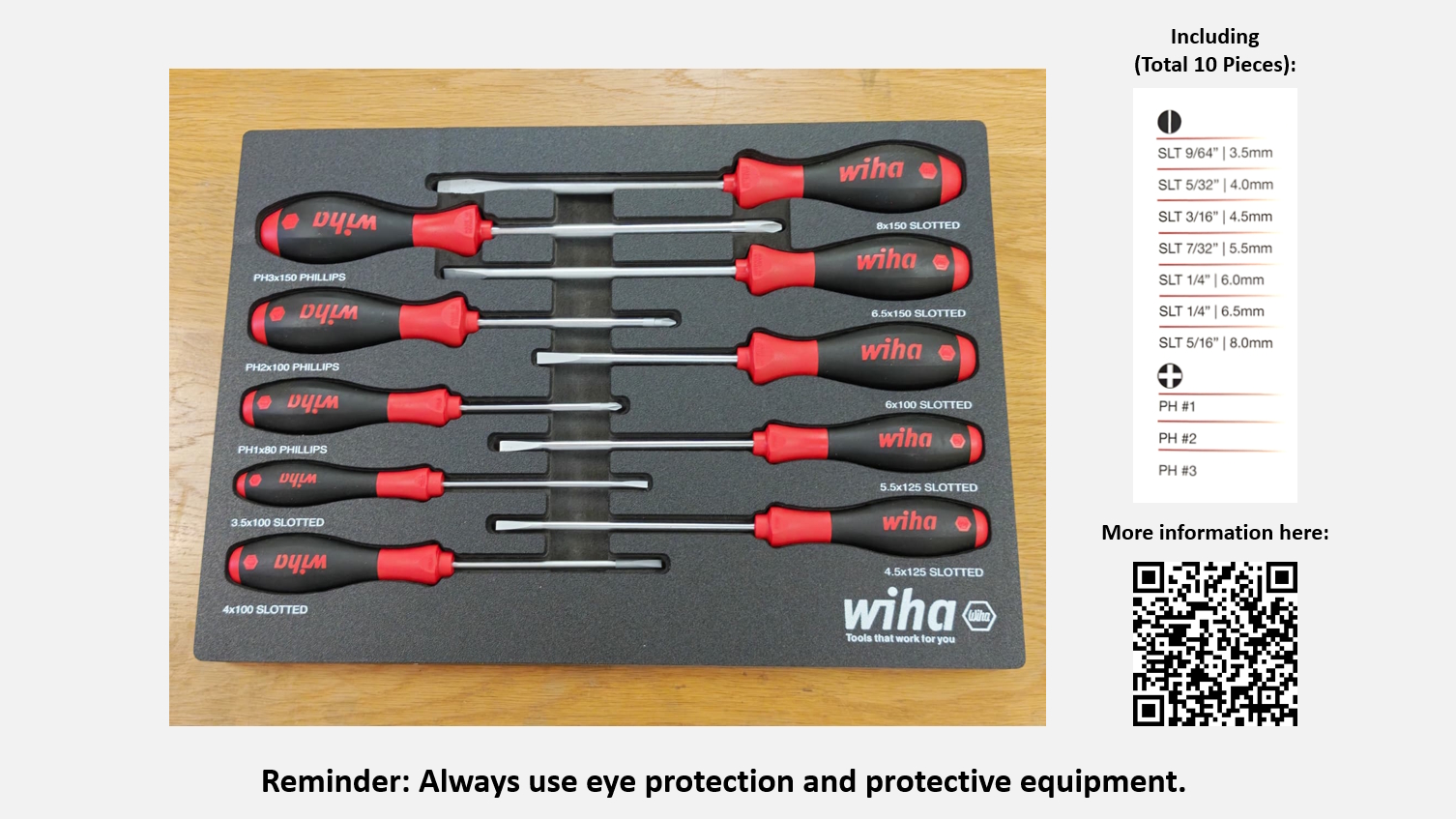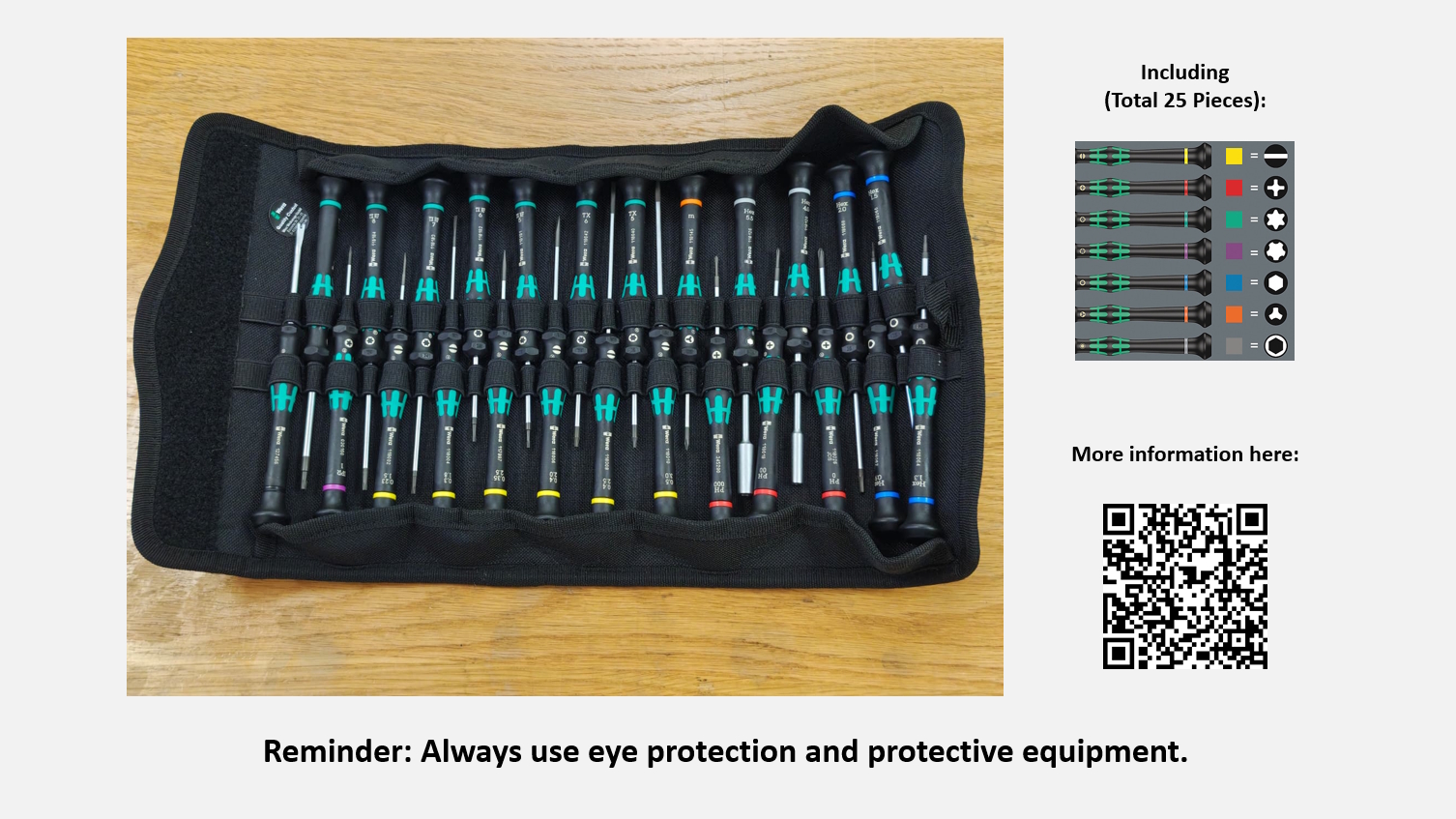The Internet of Things (IoT) refers to the network of "things", or physical objects, which are embedded with sensors, processors and communication technologies for the purpose of collecting, processing and exchanging data with each other over the internet. With the availability of low-cost computing devices, cloud computing and mobile technologies, most of our everyday life objects including household appliances, wearable devices, farming facilities, transportation system and vehicles, etc. are all able to collect and send real-time data with minimal human intervention. IoT facilitates machine to machine interaction, enables machines to make more responsive decisions for us and automates our daily life tasks. It is a crucial technology for building smart cities.
We provide you essential facilities for prototyping IoT projects. Come to our IoT Corner and try them out!
Several types of mainboard and development kits are available at i-Space. You can borrow them from Self-service kiosk (4/F, i-Space).
|
Raspberry Pi 5 |
Raspberry Pi is a small-size single-board computer. It requires an operating system (OS) to run and you can install different software, including programming tools on the OS. It also has GPIO (general purpose input/output) ports which are commonly found on microcontroller boards, allowing you to connect sensors and actuators to the board. You can program Raspberry Pi to control the connected electronics with programming tools installed on the board directly.
|
Arduino Uno R3 |
Arduino Uno R4 Minima |
Arduino is a microcontroller commonly used for prototyping electronic devices. You can connect sensors and actuators to its GPIO ports and upload a program to its flash memory. The program then run independently on the board to control the electronics. Arduino cannot run an entire operating system and a separate computer is needed for writing and uploading the program.

M5GO (ESP32) IoT Starter Kit
M5GO is a microcontroller which has already equipped with buttons, gyrometer, accelerometer, microphone, speaker, RGB light bars and LCD screen, all packaged in a matchbox-sized case. The case of the microcontroller and other functional modules is built into stackable modules, they can be stacked up to expand the microcontroller's functionality. Additional sensors or actuators can be connected to the IO ports via foolproof connectors.
Each of these mainboards has its own officially supported integrated development environment (IDE) and programming languages. They are either available for download from their official website or are provided as web application.
 |
Raspberry Pi | Python is the official programming language of Raspberry Pi. It is preinstalled with the Raspberry Pi OS and a few IDEs comes along with the OS as well. |
 |
Arduino | The Arduino programming language is a language similar to C/C++. You can download the Arduino IDE or use the Arduino Web Editor for development. |
 |
M5GO | M5GO can be programmed through a variety of development software including MicroPython, UIFlow and Arduino IDE. Click here for more details. |
We have various types of sensors, actuators, electronic components and tools. Just to name a few - breadboard, jumper wire, resistor, switch, temperature sensor, moisture sensor, touch sensor, smoke detector, LED, stepper motor, IR emitter & receiver, multimeter, hot glue gun, heat shrink tube ... and more are available at the IoT Corner or in Self-service Kiosk. You can wire them to a mainboard and prototype a variety of IoT devices and projects.

An independent Wi-Fi is dedicated for testing IoT projects at i-Space. Please reach our staff at the Technical Support Desk on 4/F for details.
Please contact the Technical Support Desk if you want to borrow the items below use in the IoT Corner.
SoftFinish Screwdriver Set
Premium drivers feature ergonomic cushion grip handles for comfort and control, and have a chrome-plated satin finish for corrosion protection, and feature exact fit precision-machined tips to reduce cam out of fastener heads.


IoT Corner
Location
Digital Visualisation Room, i-Space, 4/F North Wing, Library
Location
Self-service kiosk, i-Space, 4/F North Wing, Library
E-Book, 2024
E-Book, 2024
E-Book, 2023
E-Book, 2023